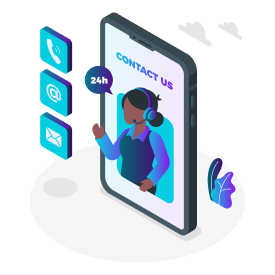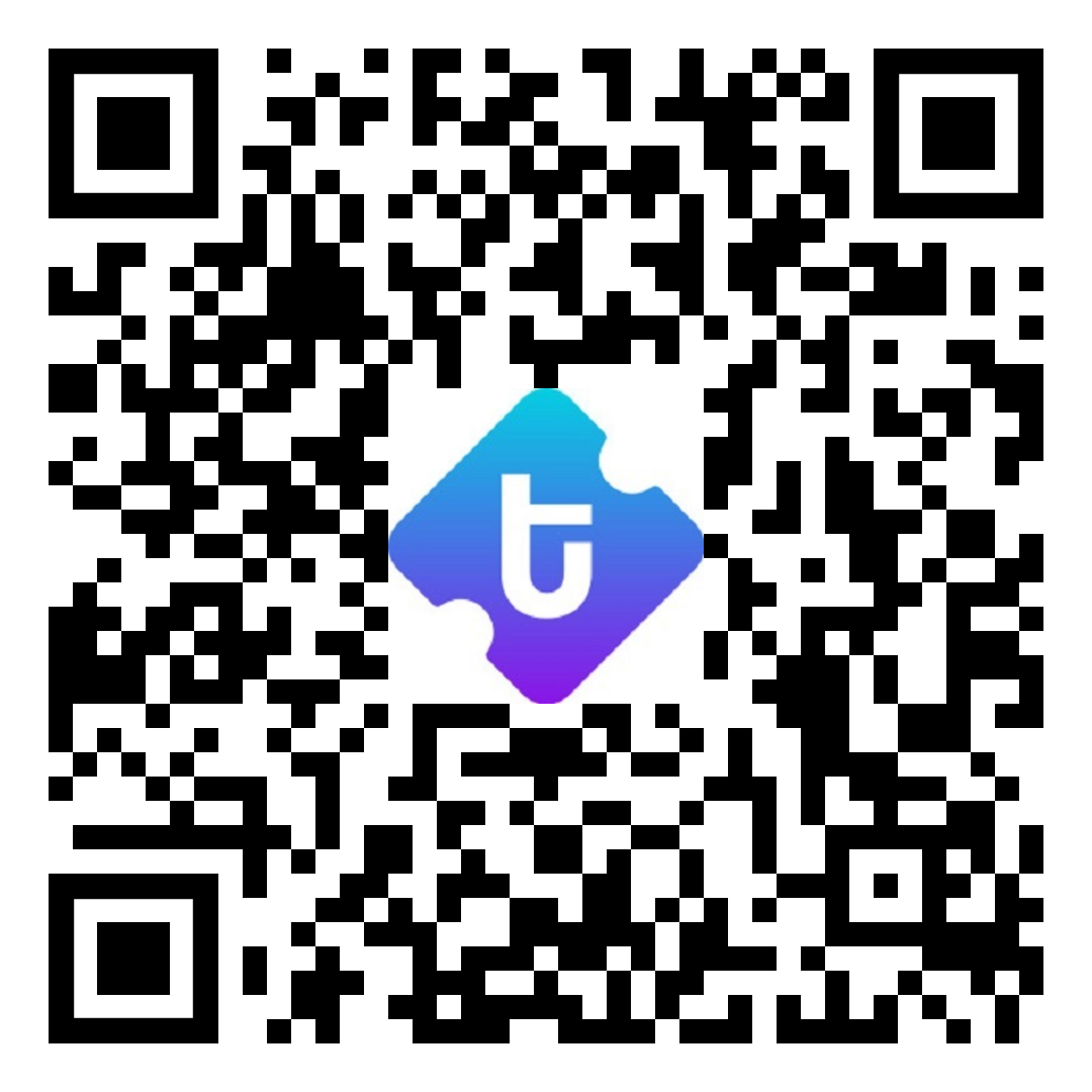The Psychology Behind Successful Event Marketing Campaigns

Have you ever wondered why some events sell out instantly while others struggle to attract attendees? The secret isn’t just about the event itself—it’s about how it's marketed. The best event marketing campaigns tap into human psychology to create anticipation, excitement, and urgency, making people feel they must attend.
You can create campaigns that engage your audience, increase ticket sales, and create memorable events by knowing the psychology underlying effective event marketing. Let’s break down the key psychological triggers that make event marketing campaigns work.
1. The Power of Social Proof – People Follow the Crowd
Humans are social creatures. We look to others for guidance, especially when making decisions. If we see a lot of people attending or talking about an event, we assume it must be worth our time.
How to Use Social Proof in Your Event Marketing:
- Showcase Testimonials & Reviews – Display past attendees’ positive experiences on your website, social media, and ads.
- Leverage Influencers & Thought Leaders – Partner with popular influencers or industry experts to promote your event.
- Highlight Ticket Sales – Use real-time updates like “Only 20 tickets left!” or “5,000 people have already registered” to create urgency.
- Encourage User-Generated Content – Ask attendees to share their excitement on social media with event-specific hashtags.
💡 Example: If you’re selling tickets through TKTBY, you can display a counter showing how many tickets have been sold to create FOMO (fear of missing out).
2. FOMO (Fear of Missing Out) – Create Urgency
FOMO is a psychological phenomenon where people feel anxious about missing out on something exciting or valuable. It’s a powerful trigger that drives people to act fast.
How to Trigger FOMO in Your Event Marketing:
- Limited-Time Offers – Offer early-bird discounts with a countdown timer.
- Exclusive Access – Provide VIP or backstage passes only available to a few attendees.
- Scarcity Techniques – Use messaging like “Only 10 spots left!” to push people toward quick decisions.
- Live Event Updates – Share behind-the-scenes content to make those who haven’t bought a ticket feel like missing out.
💡 Example: Have a flash sale on TKTBY with a “24-hour only” offer to drive urgency.
3. The Principle of Reciprocity – Give to Get
People naturally feel the urge to return favors. If you provide value first, they’re more likely to reciprocate by purchasing a ticket or sharing your event.
How to Use Reciprocity in Your Event Marketing:
- Offer Freebies – Provide free resources, guides, or exclusive content related to your event.
- Run Giveaways – Give away free tickets or VIP passes in exchange for social shares.
- Personalized Invitations – Sending a personal invite makes people feel valued, increasing their likelihood of attending.
💡 Example: Before an entrepreneurship event, share free eBooks, webinars, or cheat sheets on business growth to attract attendees.
4. Emotional Connection – Make People Feel Something
People remember how an experience makes them feel. If your event marketing taps into emotions like excitement, inspiration, or nostalgia, you’ll create a stronger connection.
How to Create Emotional Appeal:
- Use Storytelling – Share real stories about past attendees and how the event impacted them.
- Inspire with Visuals – Use high-quality images and videos that capture the energy of the event.
- Highlight a Mission – If your event supports a cause, emphasize it to connect with people’s values.
💡 Example: A charity concert can showcase stories of people who benefited from past fundraising efforts, making attendees feel they’re part of something meaningful.
5. Authority & Credibility – People Trust Experts
When people see experts endorsing an event, they’re more likely to trust it. Authority figures add credibility, making attendees feel confident about their decision.
How to Establish Authority in Your Event Marketing:
- Feature Industry Leaders – Highlight well-known speakers, performers, or panelists.
- Showcase Media Coverage – If your event has been featured in the press, flaunt it.
- Use Data & Facts – Share statistics about past event success, like “95% of attendees rated our event 5 stars.”
💡 Example: If your tech summit has speakers from Google and Microsoft, promote that heavily to build credibility.
6. Personalization – Speak Directly to Your Audience
A generic marketing campaign won’t engage people as much as a personalized one. When people feel like your event is meant for them, they’re more likely to attend.
How to Personalize Your Event Marketing:
- Segment Your Audience – Create different messages for different groups (e.g., VIP guests vs. first-time attendees).
- Use Names in Emails – Personalized emails with the recipient’s name get more engagement.
- Recommend Events Based on Interests – Suggest sessions, speakers, or activities based on past behavior.
💡 Example: If someone attended a digital marketing conference last year, send them an email saying, “Hey [Name], we’d love to have you back at this year’s event!”
7. The Power of Curiosity – Make People Want to Know More
Curiosity is a strong motivator. If your event marketing teases something exciting without revealing everything, people will want to learn more.
How to Use Curiosity in Your Event Marketing:
- Teaser Campaigns – Release short, intriguing snippets about the event.
- Mystery Guests or Surprises – Keep some event details a secret and reveal them gradually.
- Behind-the-Scenes Content – Show sneak peeks to build anticipation.
💡 Example: “A special guest will be joining us… can you guess who?” will spark speculation and engagement.
8. The Zeigarnik Effect – The Need to Complete a Task
People have a psychological urge to finish what they’ve started. If they begin the registration process but don’t complete it, a reminder can nudge them to return.
How to Use the Zeigarnik Effect in Your Event Marketing:
- Abandoned Cart Emails – If someone starts buying a ticket but doesn’t finish, send them a reminder.
- Step-by-Step Registration – Break the sign-up process into stages so they feel compelled to complete it.
- Gamify Registration – Offer progress bars or incentives for completing certain actions.
💡 Example: If someone leaves a ticket in their TKTBY cart, send an email saying, “Your seat is reserved, but only for 24 hours!”
Conclusion: Use Psychology to Sell More Tickets
Event marketing isn’t just about advertising—it’s about understanding how people think and act. By leveraging psychological triggers like social proof, FOMO, and emotional appeal, you can craft campaigns that make people want to attend your event.
Key Takeaways:
- ✅ Show social proof to build trust.
- ✅ Use FOMO to create urgency.
- ✅ Offer value first to trigger reciprocity.
- ✅ Tap into emotions to connect with people.
- ✅ Establish credibility with authority figures.
- ✅ Personalize your marketing for better engagement.
- ✅ Spark curiosity to keep people interested.
- ✅ Use the Zeigarnik Effect to nudge unfinished registrations.
You can increase ticket sales, reach a wider audience, and make sure every event is a huge success by including these tactics in your event marketing.
💡 Ready to implement these strategies? Sell your tickets seamlessly with TKTBY and watch your event thrive! 🚀

 9054792645
9054792645 info@tktby.com
info@tktby.com
